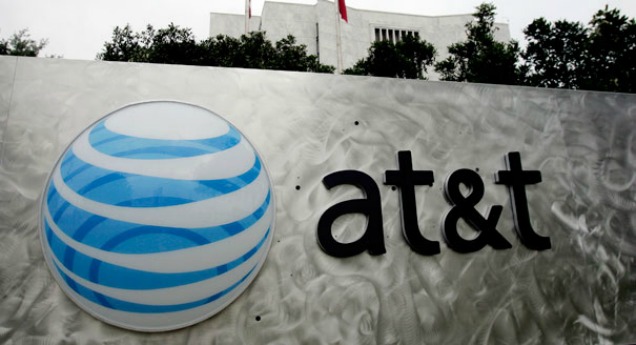AT&T Won't Challenge FTC Broadband Regulatory Authority to Supremes

The smarter way to stay on top of broadcasting and cable industry. Sign up below
You are now subscribed
Your newsletter sign-up was successful
AT&T has decided not to challenge a Ninth Circuit Court of Appeals ruling that the Federal Trade Commission can regulate broadband activities of common carriers like AT&T and Verizon.
“We have decided not to seek review by the Supreme Court, to focus instead on negotiating a fair resolution of the case with the Federal Trade Commission," an AT&T spokesman said.
Related: Court Throws Out FTC Throttling Case Against AT&T
The February appeals court ruling helped clear up a jurisdictional issue that would have left some question about the FTC's authority to regulate broadband under the new Restoring Internet Freedom network neutrality enforcement framework that goes into effect June 11.
The case involved AT&T's slowing of data speeds, with AT&T arguing the FTC did not have jurisdiction over its broadband operations (this was before the reclassification of ISPs as common carriers) because the FTC is prohibited from regulating common carriers and AT&T argued its common carrier designation immunized its non-common carrier activities as well.
The full Ninth Circuit in February had upheld a district court and overruled its own three-judge panel, which had found that the FTC exemption from regulating common carriers was status-based, not activity-based, meaning that the non-common carrier activities of a common carrier would also have been exempt.
Had the full court not overturned that panel decision, the FTC could not pursue the company for allegedly failing adequately to inform its customers that their unlimited plans would be throttled once their data usage reached a certain threshold.
The smarter way to stay on top of broadcasting and cable industry. Sign up below
The FTC had challenged the Ninth Circuit three-judge panel decision, with most court watchers expecting the full court to overturn the panel, as was the case.
“It comes as a relief that AT&T has not followed through on its previously announced intention to appeal the Ninth Circuit’s decision to the Supreme Court," said Andrew J. Schwartzman of The Georgetown University Law Center's Institute for Public Representation. "While Federal Trade Commission jurisdiction is not a substitute for restoring the Federal Communications Commission’s power to regulate internet providers’ privacy and other abuses, it is nonetheless a critical component of the nation’s consumer protection powers.”
Contributing editor John Eggerton has been an editor and/or writer on media regulation, legislation and policy for over four decades, including covering the FCC, FTC, Congress, the major media trade associations, and the federal courts. In addition to Multichannel News and Broadcasting + Cable, his work has appeared in Radio World, TV Technology, TV Fax, This Week in Consumer Electronics, Variety and the Encyclopedia Britannica.

